Ecosystem Based Adaptation (EbA)
Uganda Programme (2012 – 2015)
ECOTRUST in partnership with UNDP implemented an EBA project in Eastern Uganda in the districts of Sironko and Bulambuli in which small holder farmers were incentivized using Payment for Environmental Services (PES) to apply sustainable land management (SALM) approaches such as digging of trenches, planting grass in waterways and growing trees / agroforestry on their farms to increase resilience to climate change. Over 500 farmers were recruited into the project.
Ecosystem Based Adaptation (EBA) for Mount Elgon
The Mount Elgon region (Eastern Uganda) is extremely vulnerable to the impacts of climate change (Kitutu et al. 2011). Impacts of the climate variations include tragic landslides that accompany the annual heavy rains, as well as increased outbreaks of associated waterborne diseases within the human population such as Trypanosomiasis (NEMA, 2011). In addition to climate change, there has been considerable loss of woodlands and forest cover on the slopes of Mt. Elgon between the periods 1995 – 2006.
The encroachment onto the critical slopes (mainly as a result of cultivation) has also induced a series of shallow and deep landslides in the area in the past few years. Deforestation and cultivation alter the soil hydrological conditions on steep concave slopes, rendering them susceptible to saturation. This among others triggers debris flows during rainfall events.
A study conducted by UNDP identified this region as having many extremely vulnerable poor communities and recommended urgent action to build resilience and local capacity to withstand climate related risks of living in the Mt. Elgon landscape. Climate hazards such as droughts, floods and changing rainfall patterns already negatively affect all actors along the agricultural value chains.
EbA is the conservation, sustainable management, and restoration of natural ecosystems to help people adapt to climate change. It involves a wide range of ecosystem management activities to increase resilience and reduce the vulnerability of people and the environment to climate change. Such approaches include sustainable agriculture, integrated water resource management and sustainable forest management interventions that use nature to reduce vulnerability to climate change.
Gallery
Targets
- Protection of crital watersheds
- Biodiversity conservation
- Carbon sequestration to enhance climate resilience
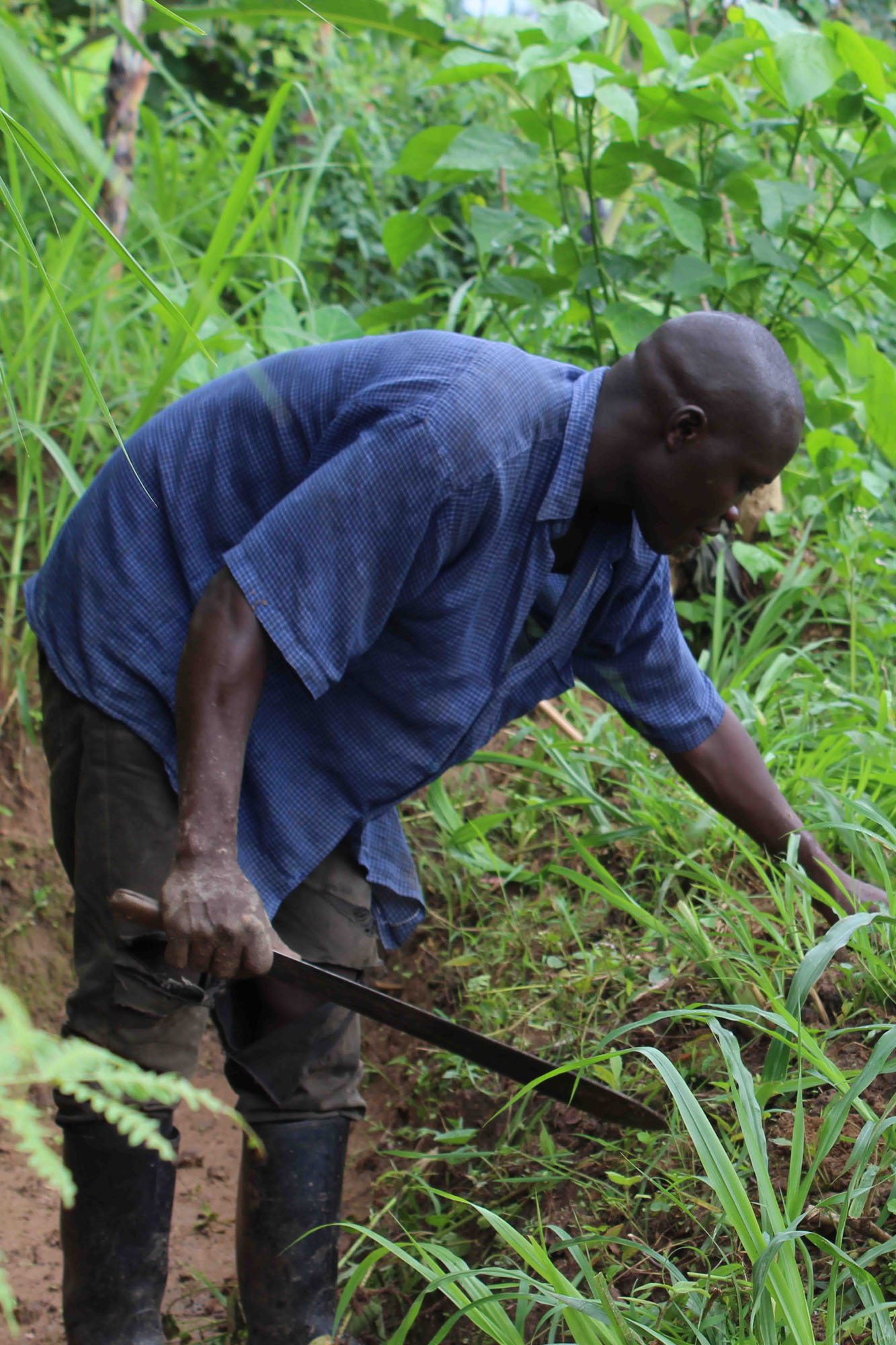

(EBA) Project (2012 - 2015)

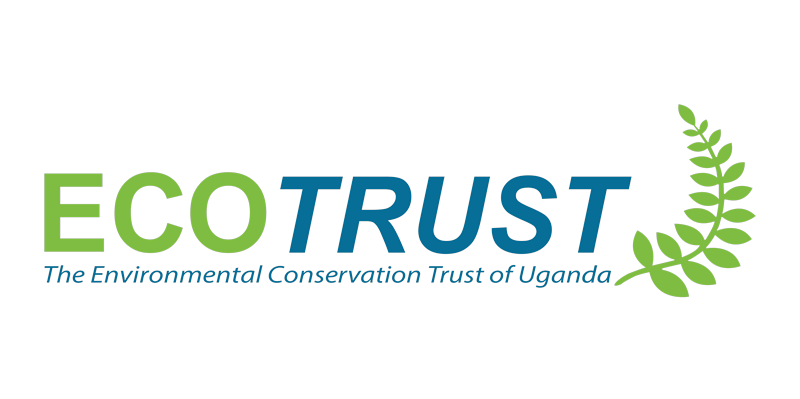

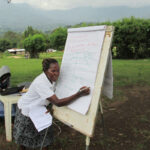
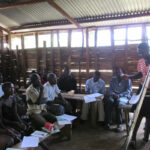
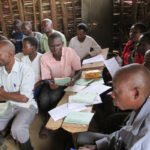
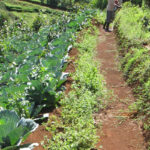
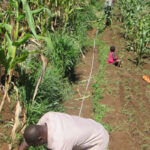
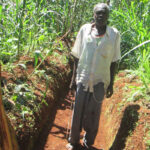
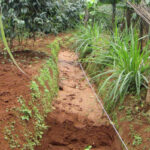
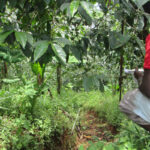
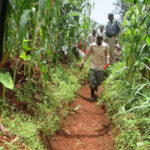
Follow Us On